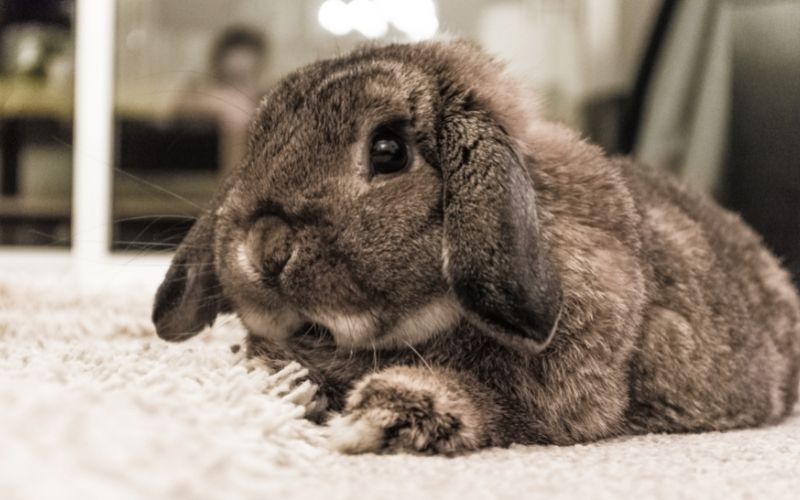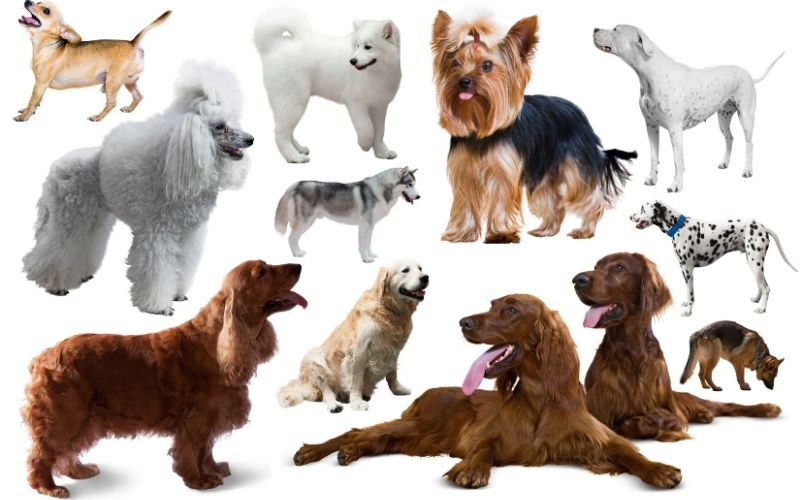Dogs are amazing creatures that come in all shapes and sizes.
Choosing the right dog breed for your family is an important decision that should not be taken lightly.
There are a number of factors to consider, such as the size of your home, the amount of exercise your dog will need, and whether you have any allergies.
There are literally hundreds of distinct dog breeds When you decide to get a dog, choosing the right dog breed for you and your family is essential. With so many different dog breeds available, this can become a very daunting task. Luckily, there are ways in which you can narrow down your options somewhat, making the whole thing a lot easier.
The size of your home
The size of your home is one of the most important things to consider when choosing a dog breed.

If you live in a small apartment, for instance, then a large breed such as a Saint Bernard is probably not going to be suitable.
On the other hand, if you have a large house with plenty of outdoor space, then a small breed such as a Chihuahua might not be the best option either.
The activity needs of the dog and your activity levels
Think about the amount of exercise your dog will need.
Some breeds, such as Labrador Retrievers, need a lot of exercise, while others, such as Pugs, are content to lounge around all day.
If you lead a busy lifestyle and don’t have a lot of time to walk your dog, then choosing a low-maintenance breed is probably the best option.
Likewise if you are a couch potato and the thought of going outdoors for a walk is like sticking pins in your eyes, then an active dog, such as a spaniel, will not fit well with your activity levels and is likely to become bored and destructive.

Also, how much exercise can you put up with?
There is no point getting a dog that requires lots of exercise such as a hunting or sporting dog breed if you cannot keep up the exercise regime.
Try and get a dog that suits your lifestyle.
The cost of food and vet bills
The cost of food and vet bills is another important factor to consider.
Some dog breeds, such as the Old English Sheepdog, have a lot of fur and will require regular grooming, which can be expensive.
Other breeds, such as the Great Dane, are prone to health problems and will require regular trips to the vet, which can also be costly.
Before choosing a breed, research the average cost of food and vet bills to make sure you can afford to keep your new furry friend healthy and well-fed.

Your lifestyle
Your lifestyle is another important consideration when choosing a dog breed.
If you travel a lot, then a dog that doesn’t like to be left alone, such as a Cavalier King Charles Spaniel, is probably not the best option.
If you have young children, then a breed that is known to be good with kids, such as a Labrador Retriever, is probably a better choice.
Allergies
If you or anyone in your family has allergies, then it’s important to choose a hypoallergenic breed.

Some non-hypoallergenic breeds, such as the Poodle, do not shed their fur and are therefore less likely to trigger allergies.
Other non-hypoallergenic breeds, such as the Bichon Frise, have hair instead of fur and are also less likely to trigger allergies.
Children
If you have young children, then it’s important to choose a breed that is known to be good with kids.
Some breeds, such as the Labrador Retriever, are very patient and gentle, making them ideal for families with young children.
Other breeds, such as the Jack Russell Terrier, are full of energy and may not be suitable for families with young children.
Other animals
If you have other pets, such as cats or rabbits, then it’s important to choose a breed that is known to get along with other animals.

Some breeds, such as the Golden Retriever, are very sociable and will get along with just about any other animal.
Other breeds, such as the Rottweiler, are not so sociable and may not be suitable for families with other pets.
Training needs
Some dog breeds are easier to train than others.
If you want a dog that will obey your every command, then choosing a breed that is easy to train, such as the Labrador Retriever, is probably your best bet.
If you don’t mind a bit of a challenge, then choosing a breed that is more difficult to train, such as the Shih Tzu, might be more up your alley.
The weather
The weather is another important consideration when choosing a dog breed.
If you live in a hot climate, then choosing a breed that is known to tolerate heat well, such as the Bulldog, is probably your best bet.

If you live in a cold climate, then choosing a breed that is known to tolerate cold well, such as the Alaskan Malamute, is probably your best bet.
Grooming needs
Grooming your dog is an important consideration.
If you don’t have a lot of free time, avoid dog breeds like the Standard Poodle, which need to be groomed on a regular basis.
The short-haired Terriers or Whippets are a fantastic option for those who don’t have much time to sit and groom their dogs for hours.
Final words
Consider the bigger picture while choosing your dog.
Don’t be drawn to the cutest, softest, or most adorable dog you can find.
Consider your lifestyle, home, family, and other factors when deciding on a breed.
After all, your new dog will be sharing your life with you for many years to come, therefore making sure both of you are compatible is of the utmost importance.














